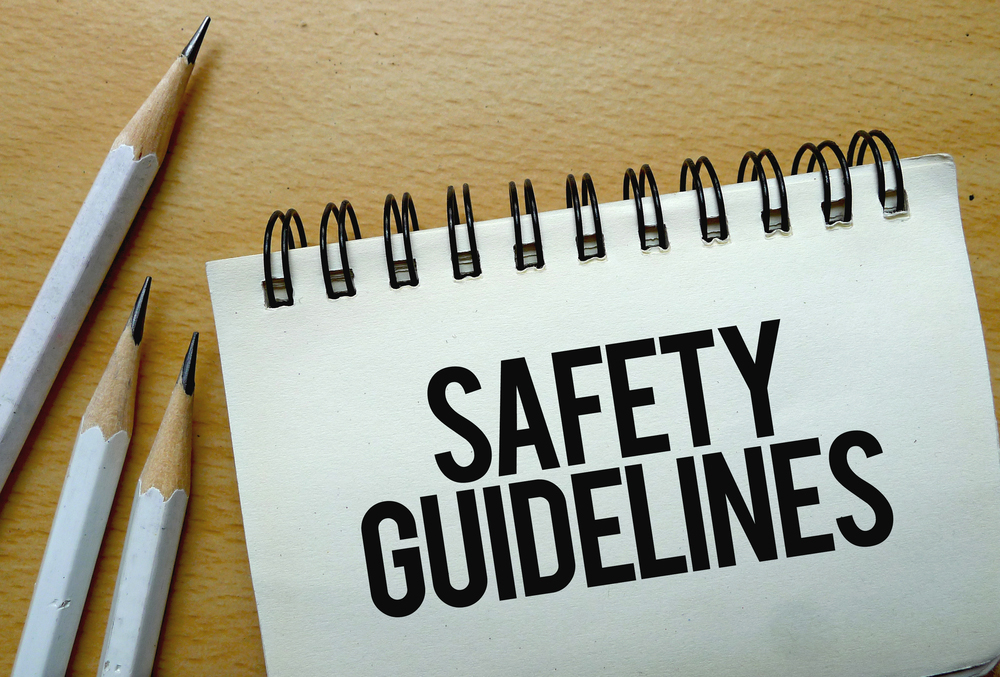The U.S. Occupational Safety and Health Administration (OSHA) recently released guidance to assist nonessential businesses as they reopen and return employees to the workplace.

OSHA is charged with ensuring employers provide safe and healthful workplaces for their employees by setting and enforcing standards and providing employers with training and assistance. The guidance supplements OSHA’s previously developed Guidance on Preparing Workplaces for COVID-19 and the White House’s Guidelines for Opening Up America Again. Specifically, the guidelines provide principles for three phases of reopening.
Phase 1
OSHA advises that during Phase 1, businesses should consider making telework available, when possible and feasible. Additionally, for employees who must return to the workplace, OSHA recommends:
- Limiting the number of people in the workplace to maintain strict social distancing;
- Considering flexibilities or accommodations based on the individual needs of employees such as those who are at higher risk of severe illness, including elderly employees, those with serious health conditions, and those who share a household with people at higher risk of severe illness; and
- Limiting nonessential business travel.
Phase 2
During Phase 2, OSHA recommends businesses continue to make telework available—however, employers can ease the restrictions on the number of people in the workplace.
The agency suggests employers continue to maintain moderate to strict social distancing practices and continue to accommodate vulnerable workers as it did during Phase 1. Finally, nonessential business travel can resume.
Phase 3
Finally, during Phase 3, businesses resume unrestricted staffing of work sites.
The guidance also recommends that during all phases of reopening, employers continue to follow the strategies OSHA provided in its earlier Guidance on Preparing Workplaces for COVID-19 for the following principles:
- Hazard assessment;
- Hygiene;
- Social distancing;
- Identification and isolation of sick employees;
- Returning employees to work;
- Workplace controls;
- Flexibilities;
- Employee training; and
- Antiretaliation.
The guidance reminds employers they are always responsible for complying with applicable OSHA requirements and highlights the standards for personal protective equipment (PPE), respiratory protection, and sanitation as being especially relevant.
It concludes with frequently asked questions and references the Centers for Disease Control and Prevention’s (CDC) guidance about the discontinuance of isolation for people with COVID-19.
Finally, the guidance advises employers to establish a safety and health program and provides resources to help employers with compliance.
Katherine F. Cser is an attorney with Bodman PLC in Troy, Michigan. She can be reached at kcser@bodmanlaw.com.
